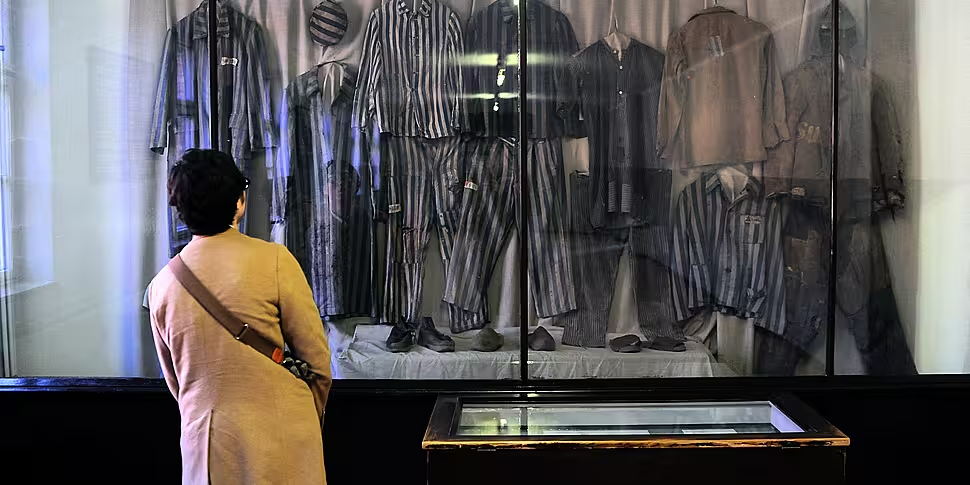Those who survived the Holocaust cannot be expected to have a perfect memory of all events, according to The Tattooist of Auschwitz Author Heather Morris.
Ms Morris rose to global attention with her 2018 novel The Tattooist of Auschwitz, which has sold more than 12 million copies around the world, is being developed into a TV show and was the number one book in Ireland in 2018.
Her third novel, Sisters Under the Rising Sun, has just been released and is based on real accounts of two women sent to a Japanese Prisoner of War (POW) camp in 1942.
Ms Morris told The Anton Savage Show hundreds of women were in Japanese POW camps during World War II, and she wanted to tell some of their stories.
“There were 500 in the camp in the beginning,” she said.
“By the time they were liberated - or found, because they were just stumbled upon - there was less than half that, but the exact numbers are not known because the names are not known.
“The paratroopers were Australian, and so they took their nurses first, and that’s the only list we have of names other than records and testimonies where the women are mentioned by randomly by name.”
A 'vignette'
The novel centres around two real women: Nesta James, an Australian woman who “in and out of hospital for the rest of live” following her release, and Norah Chambers, an English musician.
“The one good thing the Australian Government did was to have the surviving nurses record a testimony of what had happened to them,” she said.
“There’s this name, Norah Chambers, responsible for so many women's survival.
“Norah went that one step further and bringing into the jungle music and the power of music.
“It gave the women the will to live.”
Ms Morris said it was “agonising” trying to create a “vignette” that captured the experiences of women in POW camps.
“This story not only represents the 500 women that were in that camp,” she said.
“There were other camps that had both men and women and lots of men, lots of Australian and British men.”
Historical accuracy
Ms Morris’ first novel, The Tattooist of Auschwitz, was criticised by some for historical inaccuracies and flattening the experience of Holocaust survivors.
Ms Morris, who interviewed the book’s main character, Lale Sokolov, before his death, said “history and memory don’t always walk side by side”.
“I'm not telling the story of the Holocaust,” she said. “Wonderful academics and historians have done that and keep it going.
“I’ve told one story – this is Lale’s memory.
“You don't get to say it's wrong, because every single survivor there, who were standing side by side, remembers and relates their story differently.”
Listen back here:









